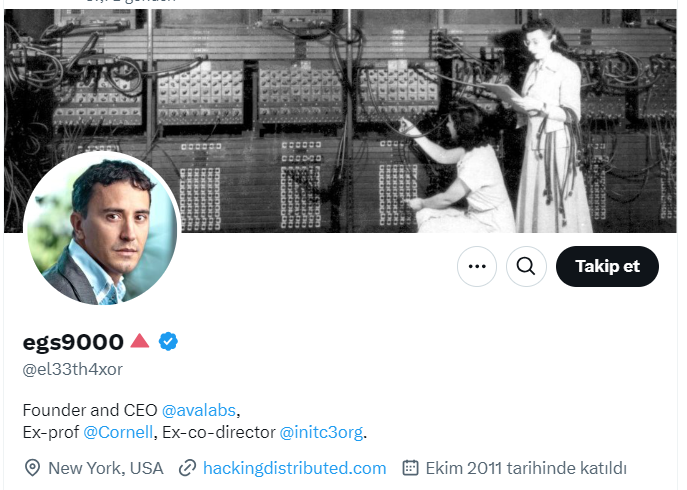The Crypto Leaks team has recently brought Avalanche back into the spotlight with a series of impactful documents focusing on various events in the cryptocurrency markets. Their latest file, number 11, raises questions surrounding the decentralization of Avalanche. Let’s delve into the details of the allegations and see what is unfolding.
Summary of Avalanche and Allegations
The Crypto Leaks team asserts that the Avalanche network exhibits centralization in multiple aspects based on the evidence they have gathered. The organization claims that the Foundation has taken control of the network and its protocol, arguing that Ava Labs consists solely of paid developers. However, it is noted that Ava Labs operates a significant portion of the network’s validating nodes, a detail that is not publicly disclosed.
Moreover, the report indicates that Ava Labs is the primary recipient of validator fees and likely possesses a substantial majority of the AVAX supply. It also alleges that Emin Gün Sirer has been out of touch with executives, spending six months in Turkey with his family and often being unreachable.
Avalanche and Crypto Leaks Allegations
Fabio Barone, a senior engineer at Ava Labs in Latin America, is credited with constructing the network’s centralized structure. Drew Pierson served as the Communication Director at Ava Labs, working closely with CEO Emin Gün Sirer, COO Kevin Sekniqi, and President John Wu.
Barone claims in the videos that the leadership within Ava Labs has turned a blind eye to the centralization of AVAX for their wealth accumulation. He highlights the extensive treasury of AVAX tokens held by Ava Labs, which seems to have been used to add numerous validating nodes to generate profit for themselves.
“It appears that Ava Labs uses the extensive treasury of AVAX tokens held for insiders and venture capitalists to add numerous validating nodes to the network, thereby profiting.”

What are the risks associated with this centralization?
- AVAX might face classification as a security in the US and EU.
- The network could lose interest due to being less secure than public blockchains.
- The community, users, and media may be misled if the allegations are true.
- Centralization poses a significant risk for AVAX price manipulation.

There is a wealth of information surrounding these allegations.
- The true identities of the Stars Arena founders were unknown, yet Emin Gün Sirer publicly supported them, followed by a $3 million hack incident.
- Basketball player Dwight Howard announced plans to visit Avalanche, which was later retweeted, but the account was subsequently hacked.
- False claims were made against Polygon as part of a smear campaign.
- It is claimed that Avalanche’s partnership with Sports Illustrated does not equate to ticket sales through the network, as it was merely for marketing purposes.
With all these points raised, responses from Avalanche are eagerly anticipated since the allegations based on former employees like Pierson and Barone are quite disheartening.

 Türkçe
Türkçe Español
Español









